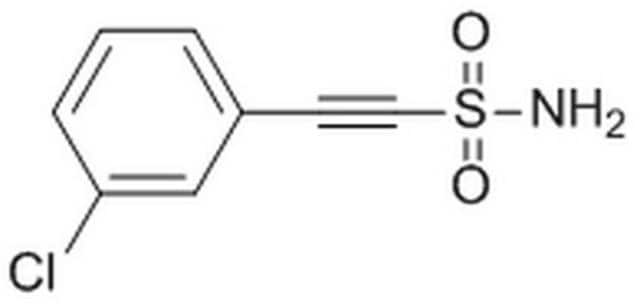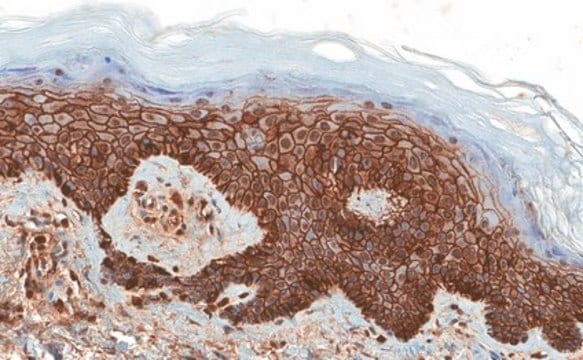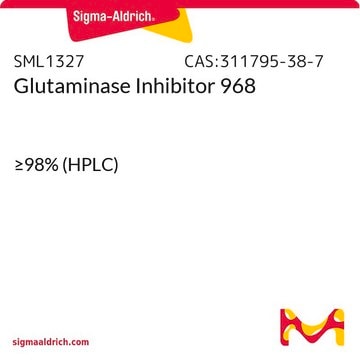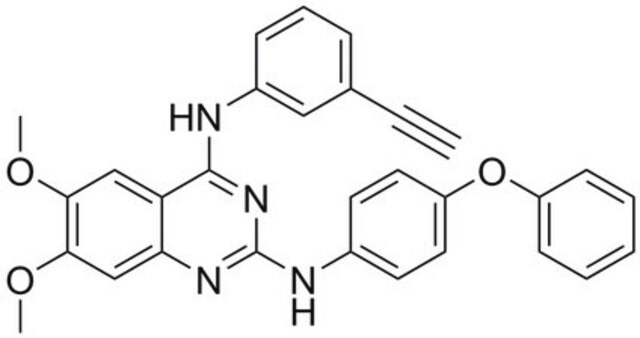CBL218-I
Anti-Keratin K3/K76 Antibody, clone AE5
clone AE5, from mouse
Synonym(s):
65 kDa cytokeratin, Cytokeratin-3, CK-3, Keratin-3, K3, Type-II keratin Kb3
About This Item
Recommended Products
biological source
mouse
Quality Level
antibody form
purified immunoglobulin
antibody product type
primary antibodies
clone
AE5, monoclonal
species reactivity
rabbit, bovine
technique(s)
immunofluorescence: suitable
immunohistochemistry: suitable
western blot: suitable
isotype
IgG1κ
NCBI accession no.
UniProt accession no.
shipped in
wet ice
target post-translational modification
unmodified
Gene Information
human ... KRT3(3850)
Related Categories
General description
Immunogen
Application
Immunohistochemistry Analysis: A representative lot was used by an independent laboratory in Keratin 3 expressed epithelial cells on the surface of submerged and AL explants, indicating that they were derived from limbal progenitor cells via migration. (Kawakita, T., et al. (2005) Am J Pathol, 167:381-93.).
Western Blotting Analysis: A representative lot was used by an independent laboratory in Rabbit epithelial Keratin lysate. (Schermer, A, et al. (1986) J. Cell Biol., 103: 49-62).
Western Blotting Analysis: A representative lot was used by an independent laboratory in rabbit corneal tissue lysate. (Cooper, D., et al. (1986) J. Biol. Chem., 261: 4646-54).
Immunocytochemistry Analysis: A representative lot was used by an independent laboratory in human limbal stem cells cultured in medium supplemented with human EGF. (Sharifi, A.M., et al. (2010) Biocell. 34(1):53-55).
Immunofluorescence Analysis: A representative lot was used by an independent laboratory in rabbit corneal and limbal tissues, limbal explant, and epithelial outgrowth on human AM. (Wang D.Y., et al. (2003) Invest Ophthalmol Vis Sci. 44(11):4698-704).
Immunofluorescence Analysis: A representative lot was used by an independent laboratory inRabbit corneal epithelial Keratin cells. (Schermer, A, et al. (1986) J. Cell Biol., 103: 49-62).
Cell Structure
Cytokeratins
Quality
Western Blotting Analysis: 0.05 µg/mL of this antibody detected Keratin K3/K76 in 10 µg of Rabbit eye (cornea) cell lysate.
Target description
Linkage
Physical form
Storage and Stability
Other Notes
Disclaimer
Not finding the right product?
Try our Product Selector Tool.
Storage Class Code
12 - Non Combustible Liquids
WGK
WGK 1
Flash Point(F)
Not applicable
Flash Point(C)
Not applicable
Certificates of Analysis (COA)
Search for Certificates of Analysis (COA) by entering the products Lot/Batch Number. Lot and Batch Numbers can be found on a product’s label following the words ‘Lot’ or ‘Batch’.
Already Own This Product?
Find documentation for the products that you have recently purchased in the Document Library.
Our team of scientists has experience in all areas of research including Life Science, Material Science, Chemical Synthesis, Chromatography, Analytical and many others.
Contact Technical Service








